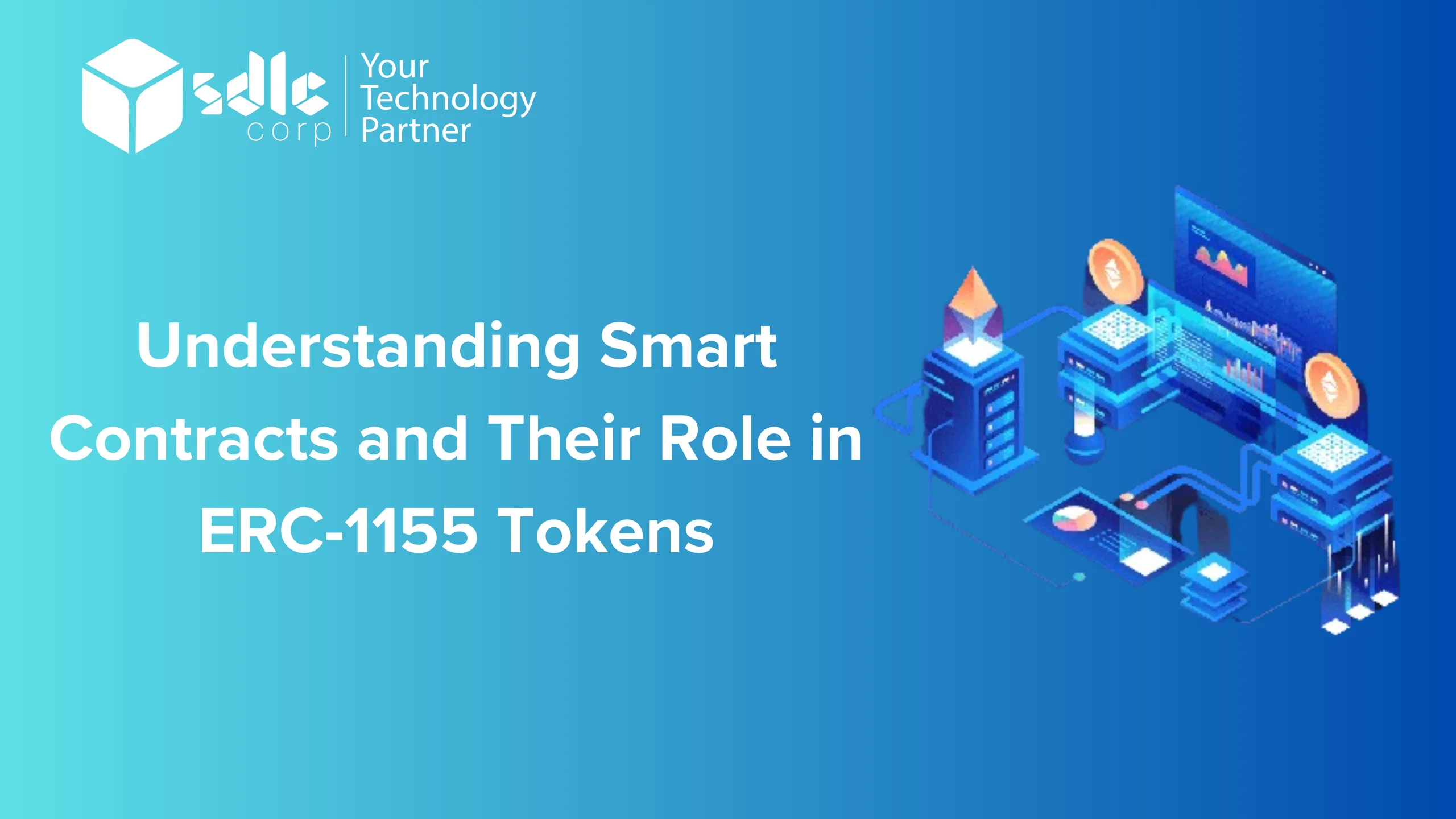Introduction
In the realm of blockchain technology, smart contracts have revolutionized how agreements and transactions are executed, offering automation, transparency, and security. Within the Ethereum ecosystem, ERC-1155 tokens stand out as a versatile standard that leverages smart contracts to redefine digital asset management and ownership. Let’s explore what smart contracts are, their significance, and how they empower ERC-1155 tokens, as well as understanding smart contracts and their role in TRC-20 tokens.
What are Smart Contracts?
Smart contracts are self-executing contracts with predefined rules and conditions directly written into code. They operate on decentralized networks like Ethereum, executing transactions and agreements without the need for intermediaries. Smart contracts are executed and validated by network nodes, ensuring transparency, immutability, and reliability in blockchain transactions. To maintain these benefits, it is crucial to follow smart contract security best practices, ensuring the protection and integrity of blockchain transactions.
The Role of Smart Contracts in ERC-1155 Tokens
ERC-1155 tokens introduce a new standard on Ethereum that supports both fungible and non-fungible tokens (NFTs) within a single contract. Smart contracts are fundamental to the creation, management, and functionality of ERC-1155 tokens, providing a robust framework for digital asset issuance and management across various applications and use cases.
1. Token Creation and Deployment
Smart contracts are used to deploy ERC-1155 tokens on the Ethereum blockchain. Developers define the token’s characteristics, such as its fungibility status (fungible or non-fungible), metadata structure, total supply, and other attributes within the smart contract code. Once deployed, the smart contract governs the token’s behavior, including minting new tokens, managing token balances, and facilitating transfers.
2. Fungible and Non-Fungible Token Support
ERC-1155 tokens allow for the creation of both fungible (identical and interchangeable) and non-fungible (unique and indivisible) tokens within the same contract. This flexibility is advantageous for applications requiring both types of tokens, such as gaming platforms, digital collectibles, decentralized finance (DeFi) protocols, and more.
3. Batch Transfers and Efficiency
One of the key features of ERC-1155 tokens facilitated by smart contracts is batch transfers. Token holders can send multiple tokens of different types in a single transaction, optimizing gas fees and enhancing efficiency compared to traditional ERC-20 or ERC-721 tokens. Smart contracts manage the distribution of tokens according to the transaction parameters, ensuring accuracy and reducing transaction costs.
4. Advanced Token Management
Smart contracts enable advanced token management functionalities within ERC-1155 tokens, such as atomic swaps (instantaneous exchanges between tokens), conditional transfers based on external events or conditions, and escrow services. These capabilities expand the utility and use cases of ERC-1155 tokens across various decentralized applications and platforms.
ethereum token development Solutions

Benefits of Smart Contracts in ERC-1155 Tokens
1. Automation and Efficiency
Smart contracts automate token-related operations, reducing manual intervention and operational costs.
2. Interoperability
ERC-1155 tokens governed by smart contracts ensure interoperability with other Ethereum-based applications and protocols, enabling seamless integration and interaction within the blockchain ecosystem.
3. Flexibility and Innovation
The combination of fungible and non-fungible tokens in ERC-1155 contracts fosters innovation and creativity in developing diverse applications, from gaming and digital art to finance and supply chain management.
Conclusion
Smart contracts form the backbone of ERC-1155 tokens on the Ethereum blockchain, enabling automated, transparent, and secure management of digital assets. They empower developers to create versatile tokenized solutions that cater to a wide range of applications and use cases, from decentralized gaming economies and digital collectibles to sophisticated financial instruments and beyond. As blockchain technology continues to evolve, smart contracts and ERC-1155 tokens are poised to drive further innovation, reshape digital ownership paradigms, and enhance decentralized applications’ capabilities across industries. Understanding the role of smart contracts in ERC-1155 tokens underscores their pivotal role in advancing blockchain technology and fostering the next wave of decentralized innovation. For those interested in leveraging this technology, learning how to create an ERC-1155 token is essential for harnessing its full potential.















